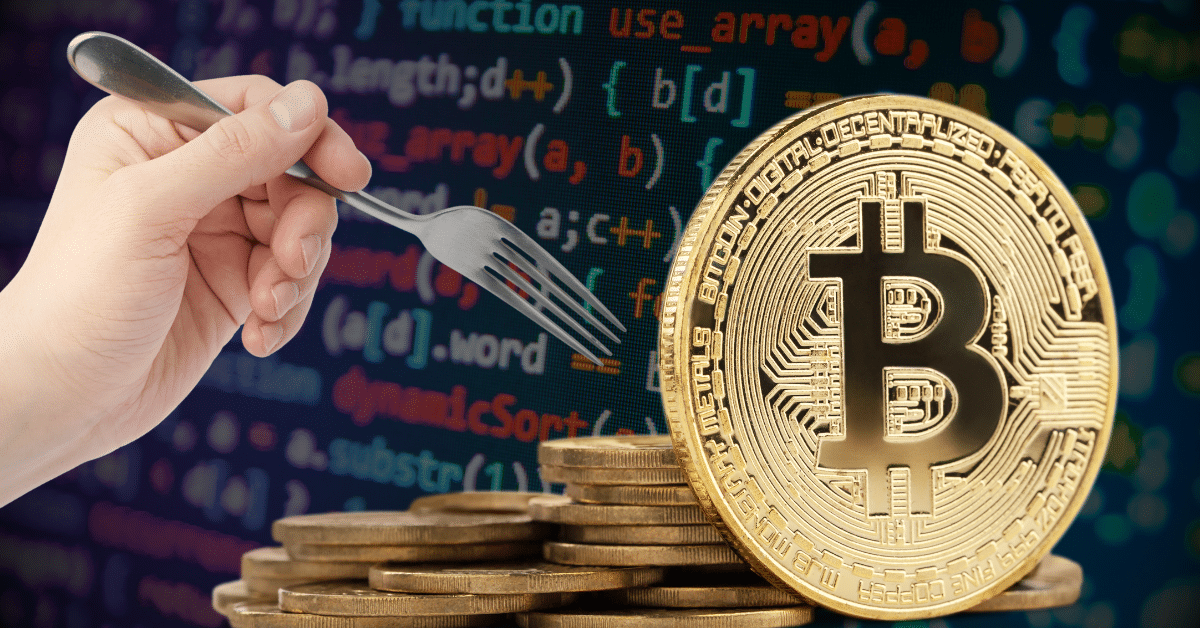Key Takeaways
- A new Bitcoin Improvement Proposal (BIP) by a core developer suggests a one-year soft fork to restrict data in transactions, aiming to filter out non-financial content.
- The proposal’s language, specifically suggesting “moral and legal impediment” for rejection, has drawn massive criticism, with some prominent figures labeling it an “attack on Bitcoin” and a clear threat of censorship.
- Proponents argue the move is necessary to mitigate legal liability for node operators from illegal content following the v30 update, though technical experts have already claimed to have found a way to bypass the proposed fix.
Bitcoin Soft Fork Proposal Ignites Community Controversy
Core developer Luke Dashjr’s recently published Bitcoin Improvement Proposal (BIP) has catalyzed a profound ideological conflict within the Bitcoin community. The document advocates for the rapid implementation of a one-year soft fork to temporarily constrain the volume of arbitrary data embedded within transactions.
This defensive maneuver is a direct response to the expanded data capacity introduced by the Bitcoin Core v30 update.
Proponents argue that the uncontrolled ability to inject potentially illegal or immoral material onto the blockchain creates an unacceptable legal risk, potentially forcing individual node operators into liability and, consequently, threatening the long-term viability of the network’s decentralized governance.
Contentious Language Sparks Claims of Censorship
The BIP’s most controversial feature is the explicit attempt to coerce consensus through suggestive legal warning. The proposal’s claim of a “moral and legal impediment to any attempt to reject this soft fork,” paired with the implication of “legal or moral consequences” for non-compliance, is what truly fractured the debate.
Numerous Bitcoin engineers and cryptographers characterized the verbiage as a manipulative tactic, dubbing it “Orwellian” and an “attack on Bitcoin’s core tenets,” which are rooted in permissionless access and absolute censorship resistance.
Interpreting Legal Liability
In defense of the proposal’s wording, some X users and Dashjr himself suggest the language is being misinterpreted. They argue that the “legal or moral consequences” are not a threat from the developers, but a warning about the legal liability that node operators could face if illicit content is permanently stored on the blockchain without the filter.
This debate over liability centers on whether node runners could be considered criminally responsible for possessing or distributing illegal data simply by running a full node and downloading the entire chain.
Technical Viability Under Scrutiny
While the proposal’s main backer claims there have been “no technical objections thus far,” that doesn’t mean the fix is airtight. In fact, its effectiveness is already being questioned. Peter Todd, a veteran cryptographer from Canada, reportedly found an immediate workaround.
He created and broadcast a transaction that contains the entire text of the BIP itself, arguing it’s “100% standard and fully compatible” under the new rules. The implication is clear: the supposed fix for “non-financial data” is either irrelevant or laughably easy to bypass. The technical goal of the proposal may have been defeated before it was even formally adopted.
Furthermore, BitMEX Research warned that a malicious actor could even use the controversy to their advantage by strategically placing illegal content on-chain to trigger a chain re-organization (re-org) and facilitate a double-spend attack, thus creating an “economic incentive” for illegal content placement.
Final Thoughts
Ultimately, this soft fork debate boils down to the fundamental purpose of Bitcoin itself: Is it a pure, permissionless tool for value transfer, or does it carry a social responsibility? The fear of illegal content is understandable, but trying to address it with language that threatens legal action for non-compliance.
Frequently Asked Questions
What is a Bitcoin soft fork?
A soft fork is a backward-compatible change to the Bitcoin protocol where upgraded nodes still process blocks from non-upgraded nodes, typically imposing stricter rules.
Why did the Bitcoin Core v30 update cause concern?
The v30 update removed certain data size restrictions, which critics argue allows for much larger, non-financial data payloads, increasing the risk of illegal content being permanently embedded on the blockchain.
What is the core principle critics say the proposal violates?
Critics argue the proposal violates Bitcoin’s core principle of censorship resistance and permissionless use, believing no one should dictate what data is permissible on the decentralized network.























